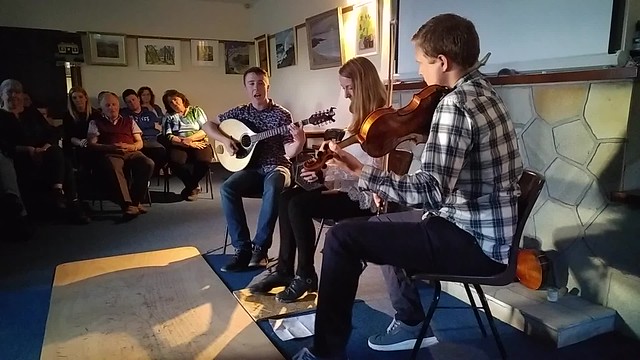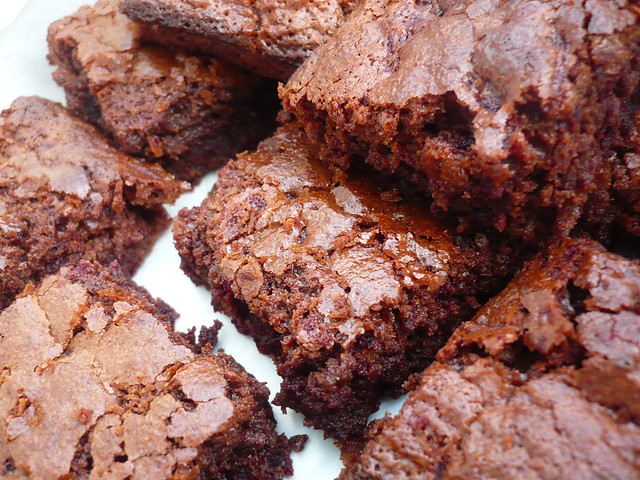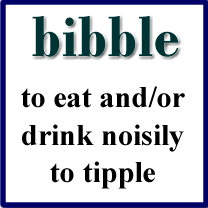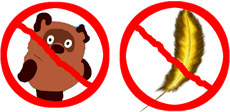An interesting Dutch word I learnt recently is kwetsen [ˈkʋɛtsə(n)], which means to hurt (sb’s feelings) or to harm, and in some Dutch dialects it means to wound or injure.
Related words include:
- kwetsbaar = vulnerable, fragile, vulnarability
- kwetsend = hurtful, offensive, insulting
- kwetsuur = injury, lesion, wound
It comes from the Middle Dutch word quetsen, from the Old Dutch quezzon (to damage, hurt), and was possibly influenced by or borrowed from the Old French quasser (to break, annul, quash), from the Latin quassāre (to shake, agitate), from the Proto-Indo-European *kʷeh₁t- (to shake) [source].
The German word quetschen [ˈkvɛtʃən] (to squash, crush, squeeze, mash, strain) probably comes from the same root [source], as does the Yiddish word קוועטשן (kvetshn – to squeeze, pinch; bother, complain), from which we get the English word kvetch [kvɛtʃ] (to whine or complain, often needlessly and incessantly) [source].
Incidentally, the German equivalent of a squeezebox (an informal name for accordions, concertinas and related instruments) is a Quetschkommode, or literally a “squeeze commode / dresser / chest of drawers” [source].
The English word quash (to defeat decisively; to void or suppress) comes from the same Old French word (quasser), via the Middle English quaschen, quasshen, cwessen, quassen (to crush, smash, cancel, make void, shake) [source].
From the same PIE root (*kʷeh₁t-) we get the English words pasta, paste, pastiche and pastry [source]. Pasta, for example, comes from the Italian pasta (paste, pasta), from the Late Latin pasta (dough, pastry cake, paste), from the Ancient Greek πάστα (pásta – barley porridge), from παστός (pastós – sprinkled with salt), from πάσσω (pássō – to sprinkle) [source].





